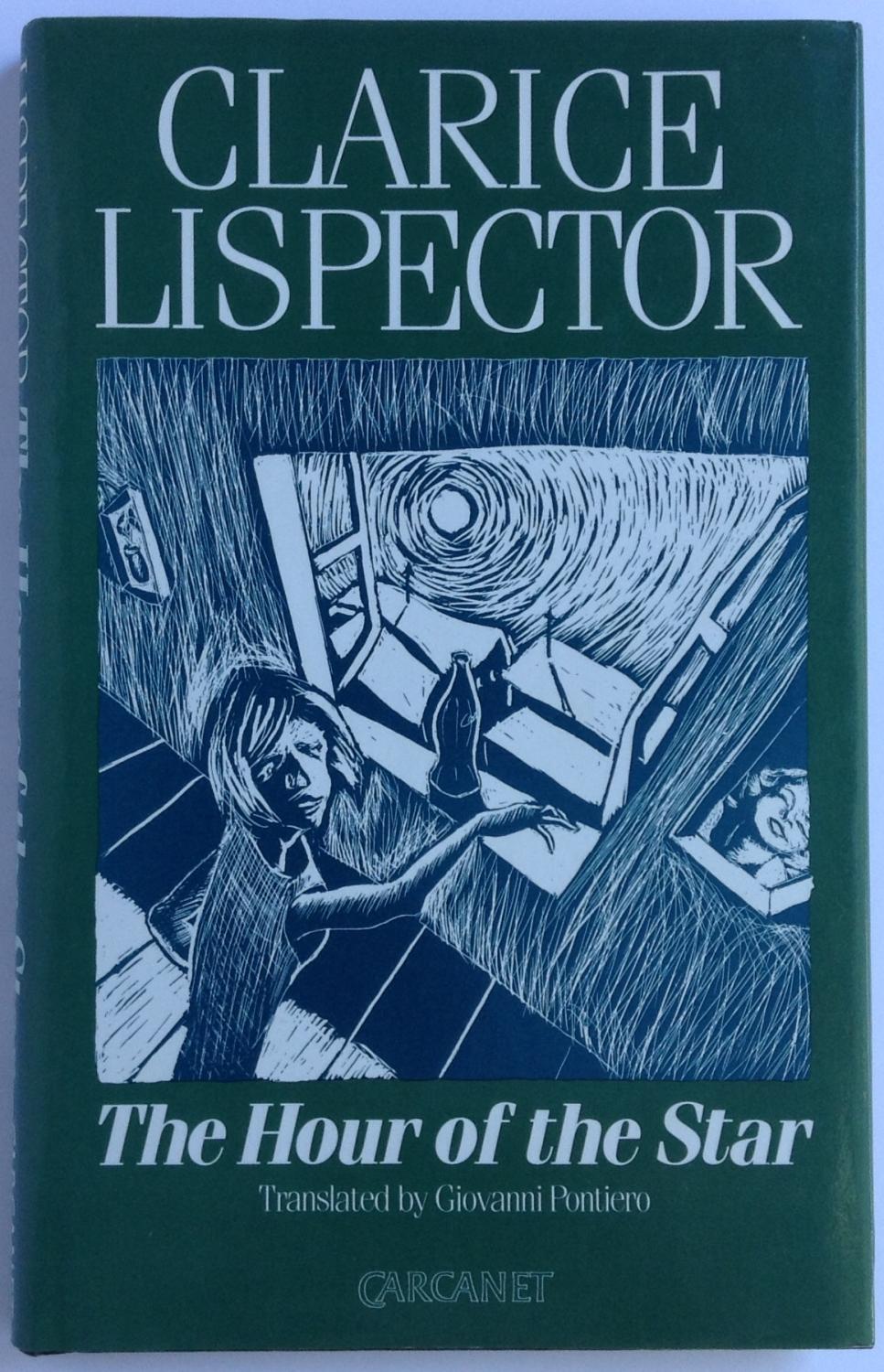Hey guys! For this week, I read The Hour of the Star by Clarice Lispector. The story revolves around Macabéa, a poor and uneducated young woman from northeastern Brazil who moves to Rio de Janeiro for a better life. Macabéa works as a typist and lives simply without luxuries or meaningful relationships. However, while I thought this novel would be from the perspective of Macabéa, the narrative is framed by the perspective of a male narrator named Rodrigo S.M., who observes and narrates Macabéa’s life. Rodrigo is a writer who feels disconnected from society and struggles with his own existential questions. He explores poverty, identity, loneliness, and the human condition through his narration.
Let me start by saying I think I rolled my eyes too many times when S.M. calls Macabéa stupid or ugly. While I was annoyed by how he describes her, I can somewhat understand how this doesn’t necessarily reflect his true feelings towards her. Instead, I think it can be seen as a commentary on the societal attitudes and prejudices that Macabéa faces as a poor, uneducated woman. I feel like Rodrigo S.M. struggles with his own ideas about Macabéa and the world. When he uses these derogatory words to describe her, it’s not just about her. It shows how society often treats people like her badly because they’re poor and think these people aren’t important. I also wanted to note that the whole idea of this novel being narrated by a man says a lot about Macabéa’s story itself. While she’s already a person in poverty with no power, I feel like even more power is taken away from her as she has no control over how her story is narrated.
It was slightly tricky for me to read this book as I felt so much empathy towards Macabéa and her struggles. For some reason, I feel like I was able to empathize the most with her compared to other characters we’ve read about. One part I really felt heartbroken about was when she was talking to the fortuneteller, and the lady told her all the good things coming her way. To me, it seemed like this was one of the first times Macabéa was able to see a small light in the long tunnel ahead of her, a tiny glimpse of hope that maybe things will finally become better after all the terrible years of suffering in poverty and being looked down on. Just as she was feeling all this hope and joy in her life (and so was I), we get hit a few pages later that she dies??? The novel portrays Macabéa’s death so suddenly and relatively briefly, but I feel like it was done this way to highlight the abruptness and randomness of her demise.
After Macabéa’s death, the novel delves into the aftermath and the reactions of the other characters, particularly Rodrigo S.M. Her death provokes Rodrigo to reflect on his own existence and the existential questions that have been tormenting him throughout the novella. He contemplates themes of mortality, identity, and the human condition, prompted by Macabéa’s tragic life. I think the ending leaves readers with a sense of contemplation and reflection as they consider the impact of Macabéa’s life and death on both the narrator and themselves. Overall, the conclusion of “The Hour of the Star” prompts readers to ponder the complexities of human existence and the fleeting nature of life.
My question for this week is: Would you appreciate life as much as Macabéa did if you lived life in her shoes? Also, how does Rodrigo’s perspective influence how we interpret the novella?
